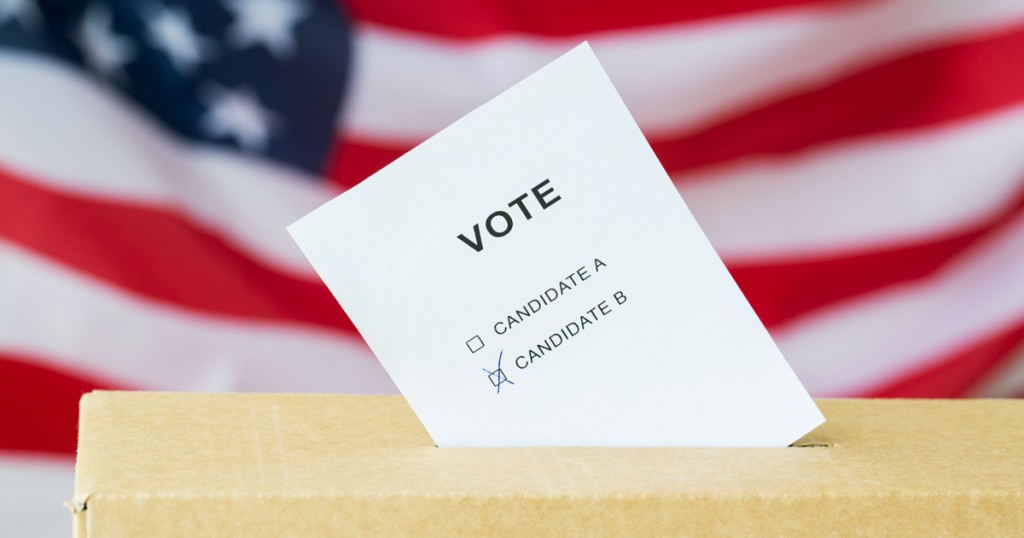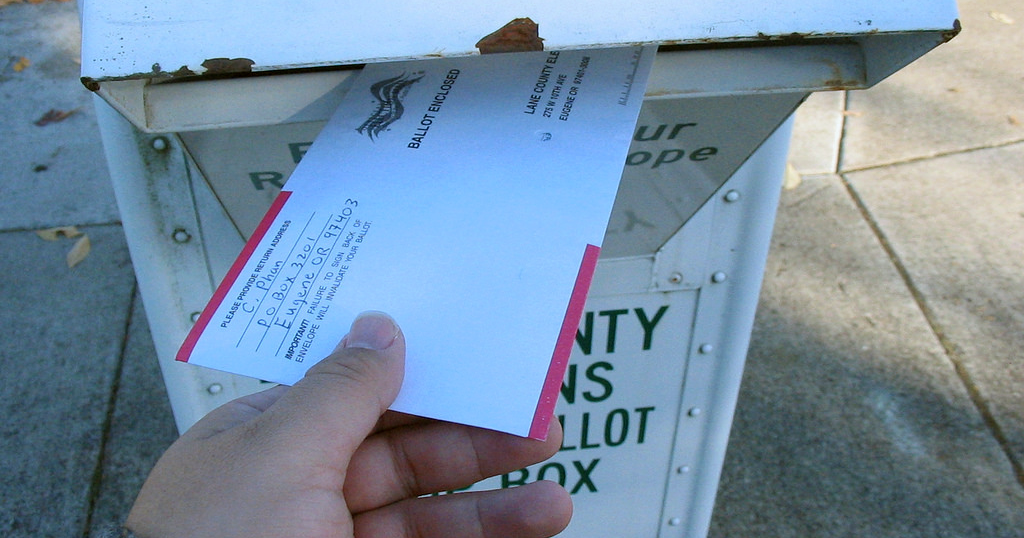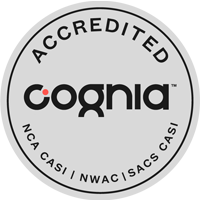
We live in a world where only a quarter of Americans can name all three branches of the government. Even less know what they control, according to a poll by the Annenberg Public Policy Center of the University of Pennsylvania.
That’s pretty significant.
It means that most of us don’t understand how our own government operates. If you are among the majority who doesn’t know, don’t worry. It doesn’t mean you should nod and pretend (it’s not too late to learn).
Oftentimes, the younger generation feels outspoken by the older generation. At times, it might feel like there’s no point in voting or staying involved, because you won’t make a difference anyway.
But it’s just not true. Because if everyone starts thinking they can’t make a difference, then you really won’t have a voice.
If you are 18, take some time right now to register for the upcoming Arizona elections. The deadline to register to vote is October 9. It’s all done online, and it’s simple!
If you are not yet 18, there are several things you should start doing now to get involved in your community and be prepared to vote when the time comes.
To help you learn more on the subject, we talked to Primavera Social Studies instructor, Mr. Jeff Connell.
Steps for registering to vote in Arizona

Of course, before we can give you tips about being a well-informed citizen from Mr. Connell, you need to register to vote.
The deadline to get registered in order to vote in the upcoming election is October 9. Luckily in Arizona, you can register online. Here’s how:
1. Head to this website.
2. Fill out the information as directed.
3. Click submit and more information on your Voter ID will come shortly.
In order to register online, you will need to know your social security number and have a driver’s license. If you do not have a driver’s license, you can fill out this form and mail it to the address in the instructions.
You can mail in your vote. Here’s how to register for it.

When you register to vote online, it will give you the option to opt-in for early ballot voting.
That means you will be mailed a ballot. You can make your votes and then mail back. If you prefer not to stand in long lines, this is your best option.
If you’ve already registered to vote and want to register for the early ballot, head to this website and follow the directions.
About Mr. Connell, Primavera social studies instructor
 Mr. Connell is a social studies instructor who teaches American Government and U.S. History courses. In his spare time, Mr. Connell loves to hunt, fish, play video games and play with his three kids. Mr. Connell said he loves teaching Primavera students because he gets to meet diverse, hard-working students.
Mr. Connell is a social studies instructor who teaches American Government and U.S. History courses. In his spare time, Mr. Connell loves to hunt, fish, play video games and play with his three kids. Mr. Connell said he loves teaching Primavera students because he gets to meet diverse, hard-working students.
“Primavera offers a different dynamic,” said Mr. Connell. “I get to work with students who have a real need for using another form of education. My students come from all walks of life, and you cannot put them into one box. This provides a daily challenge as a teacher and I get the chance to work with some really great students.”
Mr. Connell is also a veteran who served in Iraq.
“I was in the U.S. Army Reserve from 1999-2007. I served in Iraq from 2003-2004 when Operation Iraqi Freedom (OIF) first began,” said Mr. Connell. “I joined before the events of September 11, 2001, so it was not a wartime decision for me. I joined because I wanted to serve something greater than myself and to be a part of a brotherhood for life.”
It is incredibly important to Mr. Connell that his students get involved in their communities. In fact, he’s shared some tips with us for becoming an informed voter and doing your part even if you’re not yet 18.
Tip 1: Read as much as you can about all your choices, regardless of your political affiliation. (If you’re under 18, research as if you were voting).

Research all candidates, even if they seem like your last choice. Your best candidate won’t always share the same party affiliation as you.
Not to mention each proposition. Do you know what the current propositions are for the upcoming elections? Do you know your stance yet?
To review all candidates and propositions (along with pros and cons of each), read this pamphlet created by Secretary of State Michelle Reagan.
If you are 18, read through this brochure carefully. Head to candidates’ websites and read their stances. If you’re under 18, do the same. It will give you an incredible advantage to already be informed once you become of age to vote. Besides, a lot of the candidates you see now may very well be present on your first official ballot.
Tip 2: Stay up-to-date on current events

Staying up-to-date on current events will help you stay an informed voter. As Mr. Connell said:
“I encourage my students to stay up-to-date on current events and monitor news headlines to learn how the political system affects their daily lives and immediate surroundings in a way that resonates with them. Since many of my students consume most of their news from social media, we also look at conversations unfolding in a virtual environment.”
While you can gather a lot of your news from social media, it’s a good idea to include the actual news websites in your reading.
Here’s why.
Social media newsfeeds are run by an algorithm. It doesn’t just organize your feed chronologically, it shows you posts in order of what it thinks you want to see first. So, if you are on Facebook to be entertained (as are most), it will show you more entertaining news posts.
The news oulets themselves can be selective on what they choose to share on social media. Oftentimes, you’ll see opinion articles more than you’ll see the news. Because they are trying to share what their audience wants to see on social media.
Most importantly, there are a lot of fake posts on social media. It can be difficult to determine the difference at times. Just check out this “Fake News” quiz and see if you can get 100% on it. Each time you see something on social media, remember to check the source. If there is no source and it’s just a shared post, it’s probably fake.
You can read about current events on social media. Just remember to try to take some time and read from the actual news sources too.
Tip 3: Take some to time to research before deciding on a political affiliation.

There is a good chance you already have a political party in mind. And that’s great!
You may often openly discuss politics with your family members or friends. Even so, it’s a great idea to really research on all political parties available before you decide on anything.
If you’re unsure, here are a few great resources for determining your political party (even if your party is “independent”).
-
Head to isidewith.org to read up on 2020 presidential candidates, take a quiz to see which of the candidates most fit your views and learn more about each political party.
-
You can also take this PBS quiz to determine what political party you most side with.
-
Or head to this site to see all the different political parties available in the US, and which ones are ballot-qualified for the upcoming elections.
Don’t forget, the deadline to get registered in order to vote in the November 6 election is October 9. We wish you all luck and hope you exercise your rights as a U.S. Citizen this November.
“A common misconception among our youth is that their opinion won’t make a difference – this couldn’t be further from the truth,” Mr. Jeff Connell, social studies instructor.
Want to learn more about Primavera Online High School and Middle School? Fill out the form below.


